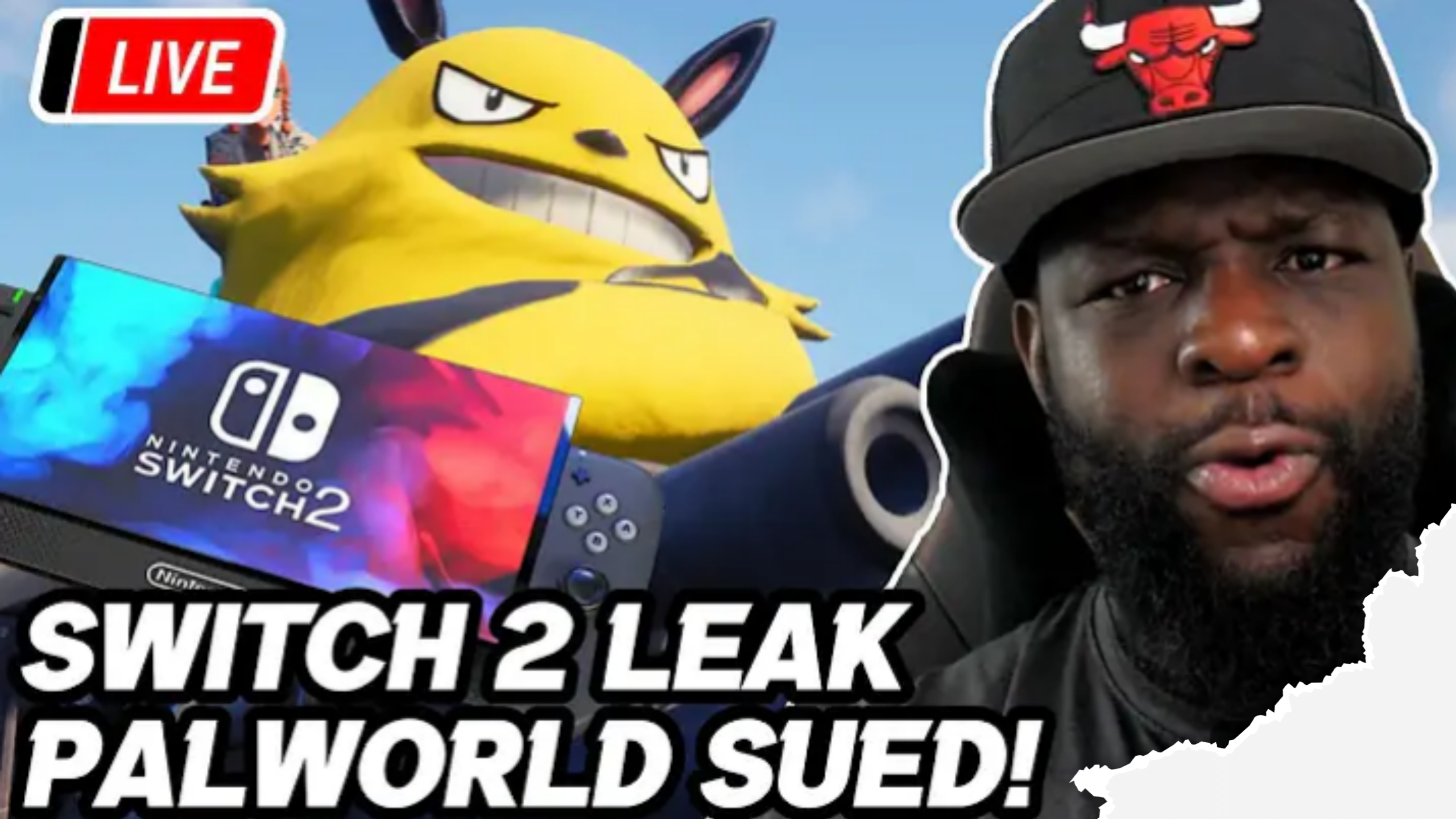Nintendo Sues ‘Palworld’ Developers Over Alleged Copyright Infringement
In a surprising legal move, Nintendo has filed a lawsuit against the developers of the popular game Palworld, accusing them of copyright infringement. On Tuesday, September 19, 2024, Nintendo’s legal team officially announced the lawsuit, claiming that Palworld borrows too many elements from its iconic Pokémon franchise. This lawsuit has sparked widespread debate among gaming communities and legal experts about intellectual property rights in the gaming world.
Nintendo, known for fiercely protecting its intellectual properties, has taken issue with several similarities between Palworld and Pokémon, a series that has become a global phenomenon since its inception in the late 1990s.
What Is Palworld?
Palworld is an open-world multiplayer game developed by Pocketpair, a Japanese indie studio. The game allows players to explore a vast world filled with creatures known as Pals. Players can catch, train, and fight alongside these creatures while also engaging in various survival activities like farming, crafting, and even battling other players.
Since its release, Palworld has gained significant attention for its unique combination of elements from different genres, blending aspects of survival games with creature-collecting mechanics. However, it is the latter feature—collecting and battling creatures—that has drawn comparisons to Pokémon, one of Nintendo’s most valuable franchises.
Nintendo’s Allegations
Nintendo’s lawsuit claims that Palworld’s creature designs, gameplay mechanics, and overall aesthetic closely resemble those found in the Pokémon games. According to the lawsuit, the similarities go beyond mere inspiration, crossing into what Nintendo alleges is direct copying. The lawsuit points out several specific issues:
- Creature Design: Nintendo argues that many of the creatures in Palworld are too similar to well-known Pokémon. For instance, some Pals bear a resemblance to iconic Pokémon like Pikachu and Charizard, with similar color schemes, abilities, and attacks.
- Gameplay Mechanics: The creature-catching and battling mechanics in Palworld are one of the main points of contention. Players in Palworld, much like in Pokémon, are encouraged to explore the world and catch creatures, which they then use to battle other players or AI opponents. Nintendo claims that this mechanic is central to the Pokémon brand and that Palworld’s version is a clear copy.
- Marketing and Visuals: The lawsuit also alleges that Palworld’s marketing materials use visuals and themes that are very similar to Pokémon’s bright, colorful, and family-friendly aesthetic. Nintendo’s legal team argues that this could confuse players and harm the Pokémon brand by leading them to believe that Palworld is somehow connected to or endorsed by Nintendo.
Pocketpair’s Response
As of now, Pocketpair, the studio behind Palworld, has not issued an official statement in response to Nintendo’s lawsuit. However, the game’s developers have previously spoken about the inspirations behind Palworld, acknowledging that creature-collecting games like Pokémon and Monster Hunter influenced their design choices.
Legal experts are speculating that Pocketpair will argue that Palworld offers enough differences in its gameplay and world-building to be considered distinct from Pokémon. While both games revolve around collecting creatures, Palworld introduces elements like crafting, building, and surviving in a world with more mature themes, such as using Pals in combat or for hard labor.
The Legal Debate
Nintendo is no stranger to defending its intellectual property in court. Over the years, the company has taken legal action against fan-made games, unofficial mods, and even YouTubers who use their content without permission. This case, however, touches on the broader issue of where the line between inspiration and infringement lies.
Legal experts point out that copyright laws in many countries, including Japan and the United States, protect the expression of ideas, not the ideas themselves. This means that while no one can “own” the idea of creature-collecting games, specific designs, names, and gameplay mechanics could potentially be protected under copyright law.
In the case of Palworld, Nintendo’s lawyers will likely need to prove that Pocketpair’s game copies protected aspects of Pokémon, such as the designs of specific creatures or elements of its gameplay. If Pocketpair can successfully argue that Palworld’s creatures are sufficiently distinct and that the game offers a unique experience, the developers could win the case.
Impact on the Gaming Community
This lawsuit has sparked significant discussion in the gaming community, especially among indie developers and fans of both games. Many fans of Palworld argue that while the game has similarities to Pokémon, it offers enough originality to stand on its own. Others feel that Nintendo’s actions are necessary to protect its intellectual property and ensure that no one profits from what they believe is an imitation.
Indie game developers are also closely watching the case, as it could have far-reaching implications for the gaming industry. Many indie games are inspired by bigger franchises, and a ruling in Nintendo’s favor could make it harder for smaller studios to create games that borrow ideas from existing titles.
On social media platforms like Twitter and Reddit, players have expressed mixed reactions. Some users have defended Pocketpair, saying that Palworld offers a fresh take on the creature-collecting genre by adding survival and open-world elements. Others side with Nintendo, arguing that companies should defend their intellectual properties to maintain the originality and integrity of their games.
What’s Next?
As the lawsuit unfolds, the gaming world will be paying close attention to how the courts handle this case. Intellectual property cases in the video game industry can be complicated and lengthy, especially when two games share broad gameplay mechanics, as is the case with Palworld and Pokémon.
The legal process could take several months or even years before a final ruling is made. In the meantime, both Nintendo and Pocketpair will likely continue to defend their positions in court and in the media.
If Nintendo wins the lawsuit, it could lead to significant changes for Palworld, including potential modifications to its creature designs or gameplay mechanics. Alternatively, a win for Pocketpair could establish a precedent that allows indie developers to explore similar genres without fear of legal repercussions.
